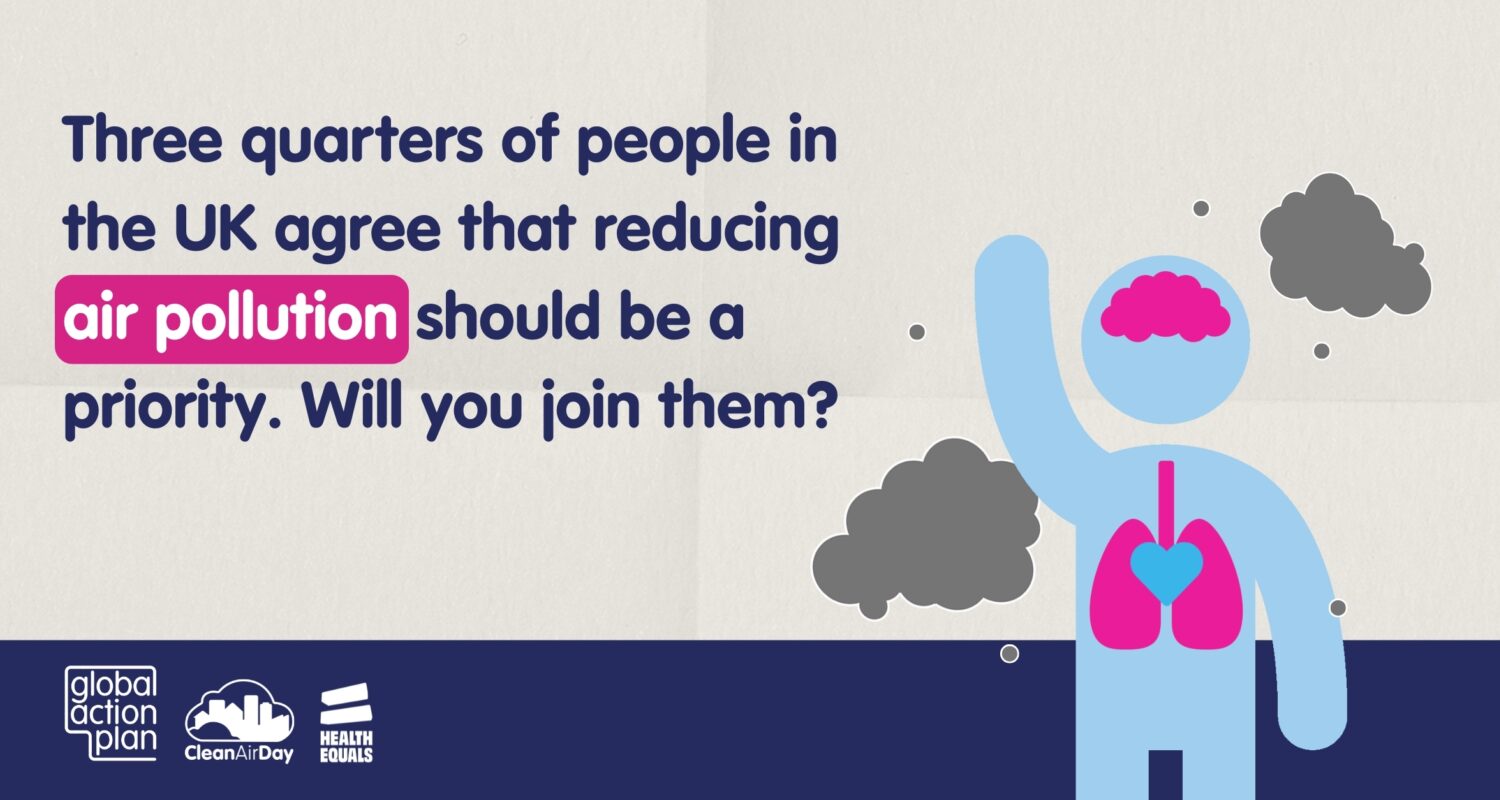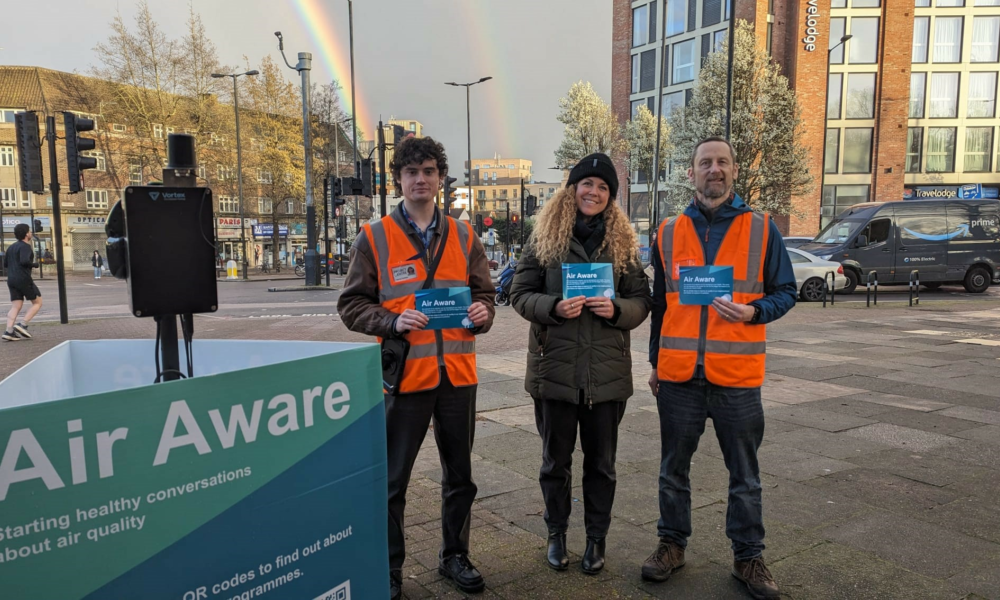Should clean air be a national priority?
Millions across the UK are still exposed to harmful levels of air pollution every day. As we mark Clean Air Day, it’s time to ask: if clean air impacts our health, our economy, and our future, shouldn’t it be a national priority?
Scott Sutton - 16 June 2025

Introduction
Air pollution isn’t just an environmental issue. It’s a health crisis, a social justice issue, and a challenge we face together. And this year’s theme brings that message home: air pollution affects us from before our first breath right through to our last.
However, this isn’t just about individual health; it’s about collective well-being. By cleaning up our air, we can unlock immediate and long-term health benefits, reduce pressure on the NHS, and ensure that future generations can grow up in cleaner, safer environments.
Clean air should be a basic right, not a postcode lottery. That’s why Clean Air Day 2025 is more than just a campaign. It’s a call for action, for awareness, and for justice.
This year, we’re being asked to look beyond the stats and see the human cost. With the UK Government committing to reviewing its air quality targets, this presents a vital opportunity for public voices to be heard. By calling for more ambitious targets, we can help shape a healthier, fairer future for all.
Why clean air matters?
According to Global Action Plan, 74% of people in the UK believe that reducing air pollution should be a national priority. And it’s not hard to see why.
Why are we seeing a surge in these numbers? Air pollution is one of the UK’s biggest public health threats, contributing to 29,000–43,000 premature deaths every year. It’s linked to asthma, lung disease, stroke, heart disease, and even conditions like dementia and some cancers.
The most vulnerable in our society, children, older adults, people living in deprived areas, and those from racialised communities, are hit hardest. They breathe in more toxic air and face higher health risks, all while often contributing the least to the problem.
This year's focus
Clean Air Day 2025 is shining a spotlight on the impact of air pollution across every stage of life. From pregnancy and childhood to working age and old age. The campaign calls on all of us to take action, no matter how small, and to demand healthier, safer environments for everyone.
Healthcare professionals are playing a key role this year. With more and more evidence emerging about the links between air pollution and major illnesses, the health sector is joining the call for action, making it clear that clean air isn’t just about climate; it’s about saving lives.
Whether you're an individual, part of a business, school, hospital, or council, there are plenty of ways to get involved this Clean Air Day.
Everyday actions you can take:
- Switch one car journey to walking, wheeling or cycling
Even one less car trip per month across the UK could cut billions of journeys and tonnes of emissions. - Turn off your engine when parked
Idling contributes significantly to poor air quality, especially outside schools and hospitals. - Use public transport or car share
Train travel produces around 80% fewer emissions than driving alone. - Talk about it
The more we raise awareness—online or in person—the more normal and urgent these conversations become.
Use your voice
Clean Air Day is about action and advocacy. Use this opportunity to write to your local councillor or MP and call for change: more investment in clean public transport, safe cycling infrastructure, and low-emission zones that protect our towns and cities.
Councils, schools and businesses can also lead the way by:
- Running Clean Air Day events: school walks, no-idling zones, staff cycling challenges, or lunch & learns.
- Sharing their commitment online using the hashtag #CleanAirDay.
- Using free resources from Global Action Plan and the Clean Air Hub, including toolkits, posters and social media templates.
Looking into the future
Air pollution might feel like an invisible problem, but its effects are deeply visible in our health and environment. The good news is that change is possible, and it starts with collective action.
If half of short urban trips in the UK were switched to walking or cycling by 2030, we could save as much carbon as powering a city the size of Manchester for a year.
How to get involved today:
- Ask your MP to support stronger air quality targets for the UK. cleanairhub.org.uk/clean-air-day
- Choose one thing you’ll do differently
- Share your pledge and tag it with #CleanAirDay
Clean Air Day isn’t just about raising awareness—it’s about inspiring action. Whether you take a walk instead of driving, support your child’s school event, or push for change in your community, you’re making a difference.
More blogs

Engaging communities for cleaner air
As we mark Clean Air Day, we proudly highlight the significance of engagement and behaviour change to make a tangible difference in the fight against air pollution.

Tackling domestic wood burning for healthier communities
Take a look at how domestic burning significantly impacts air quality, posing risks to public health and the environment.